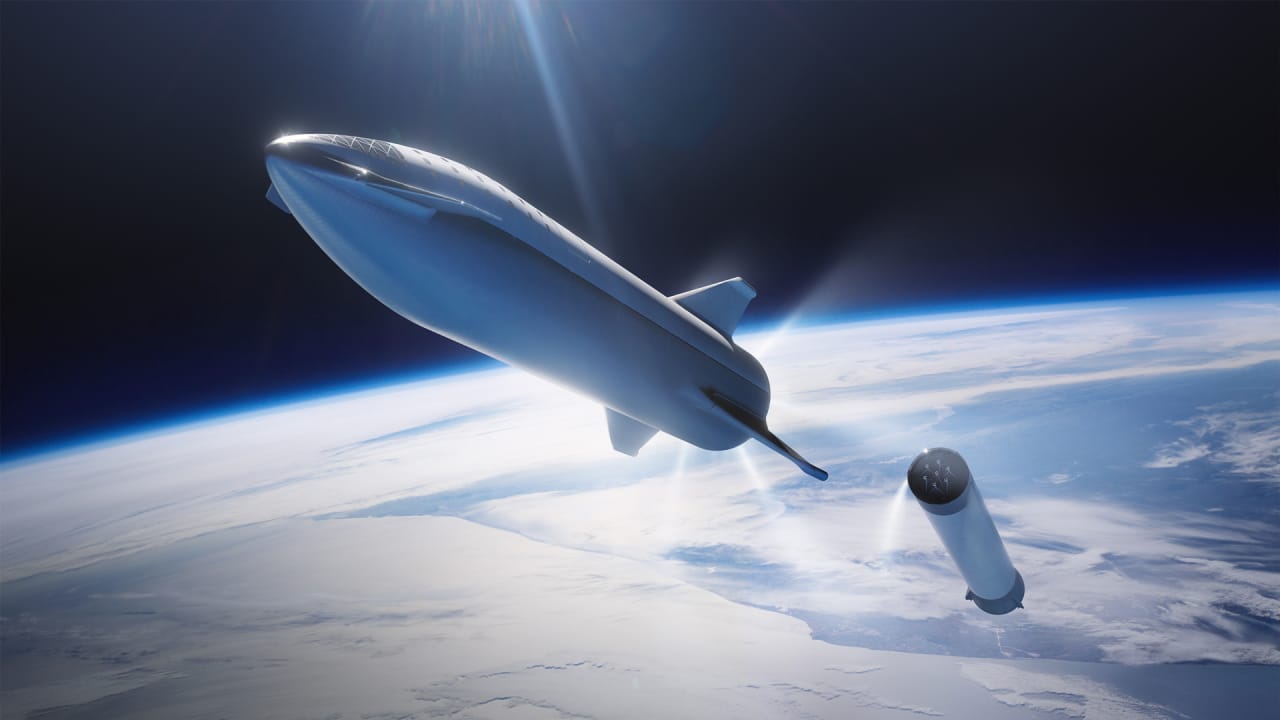In the middle of the Atlantic Ocean, hundreds of feet underwater, the Greek goddess of love lives on—in the form of a dazzling reef fish.
In a new study published on Tuesday in ZooKeys, researchers from the California Academy of Sciences describe a new species of anthias, a common type of reef fish, named Tosanoides aphrodite or the Aphrodite anthias. The pink and yellow creature so transfixed researchers when they discovered it during a deep-water dive that they didn’t notice a large sixgill shark swimming directly above them.
“This one is without a doubt the most spectacularly colored fish I’ve ever described,” says Luiz Rocha, an ichthyologist with the California Academy of Sciences, in an email.







